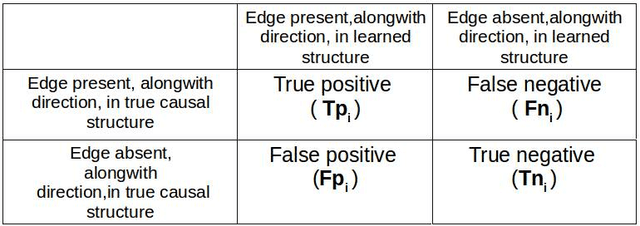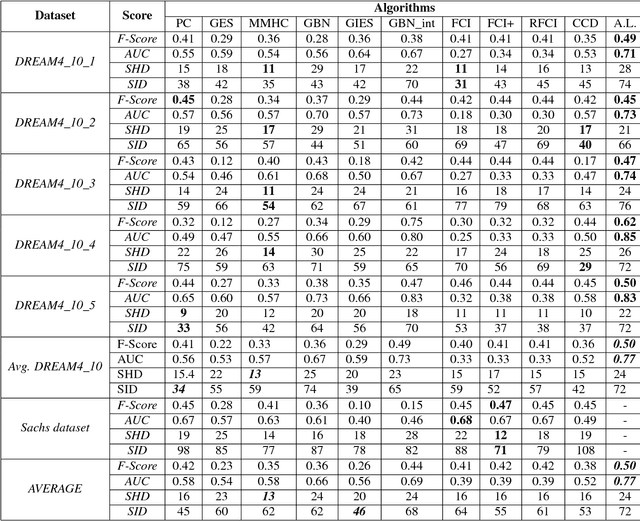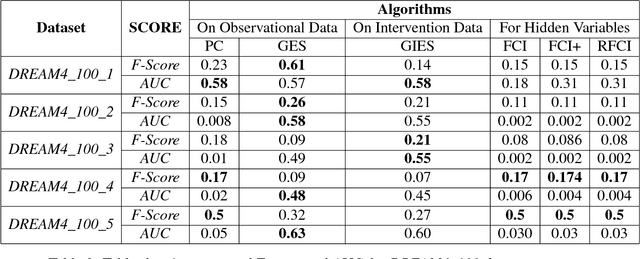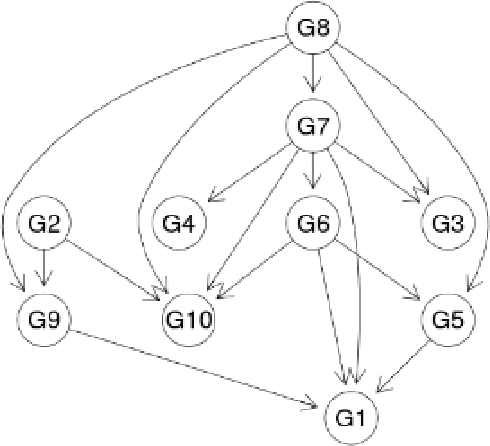Comparative Benchmarking of Causal Discovery Techniques
Paper and Code
Sep 12, 2017



In this paper we present a comprehensive view of prominent causal discovery algorithms, categorized into two main categories (1) assuming acyclic and no latent variables, and (2) allowing both cycles and latent variables, along with experimental results comparing them from three perspectives: (a) structural accuracy, (b) standard predictive accuracy, and (c) accuracy of counterfactual inference. For (b) and (c) we train causal Bayesian networks with structures as predicted by each causal discovery technique to carry out counterfactual or standard predictive inference. We compare causal algorithms on two pub- licly available and one simulated datasets having different sample sizes: small, medium and large. Experiments show that structural accuracy of a technique does not necessarily correlate with higher accuracy of inferencing tasks. Fur- ther, surveyed structure learning algorithms do not perform well in terms of structural accuracy in case of datasets having large number of variables.
 Add to Chrome
Add to Chrome Add to Firefox
Add to Firefox Add to Edge
Add to Edge